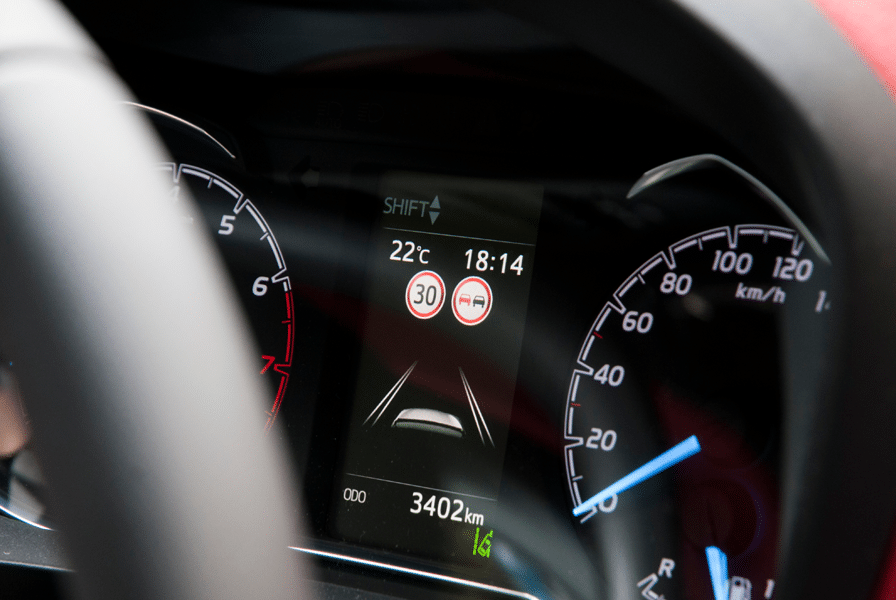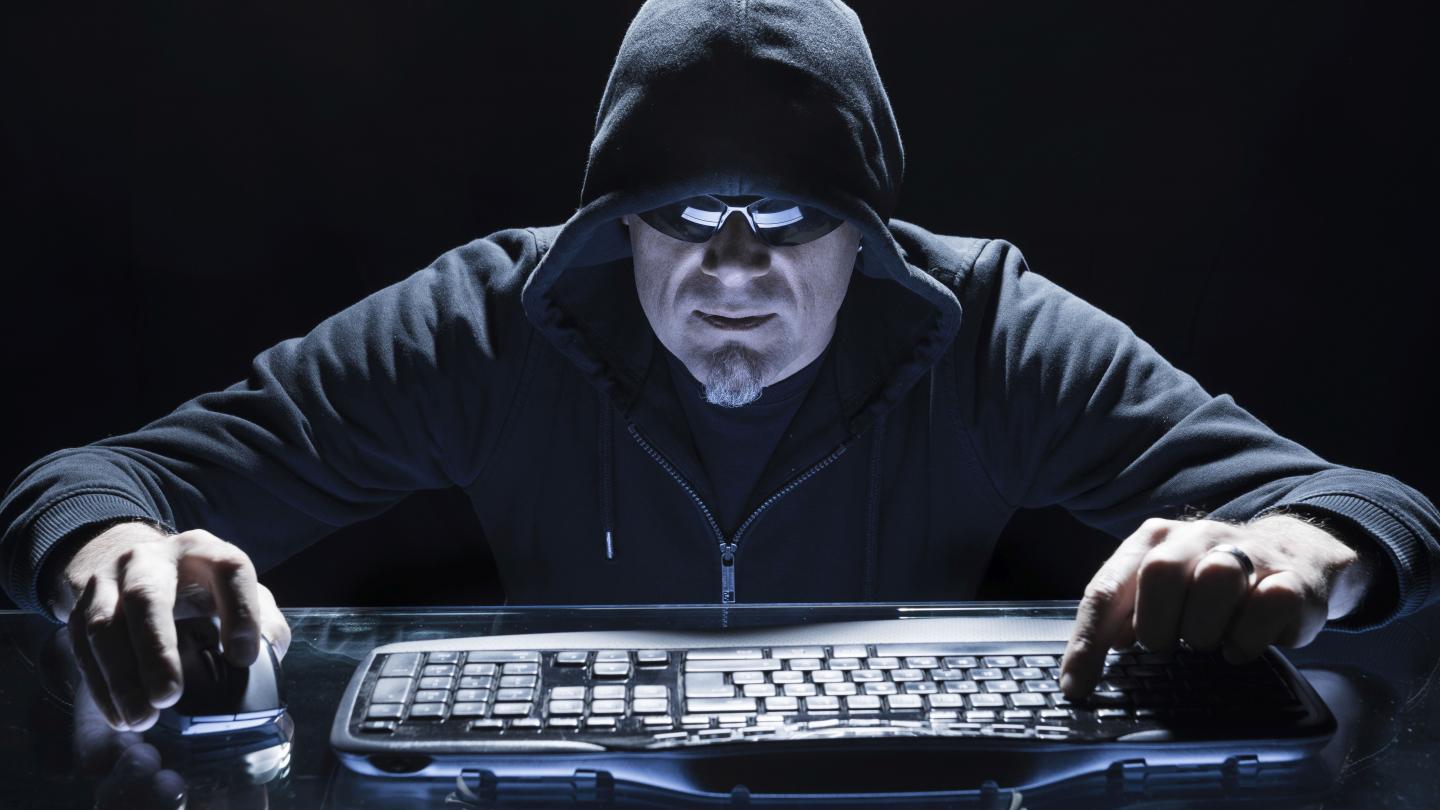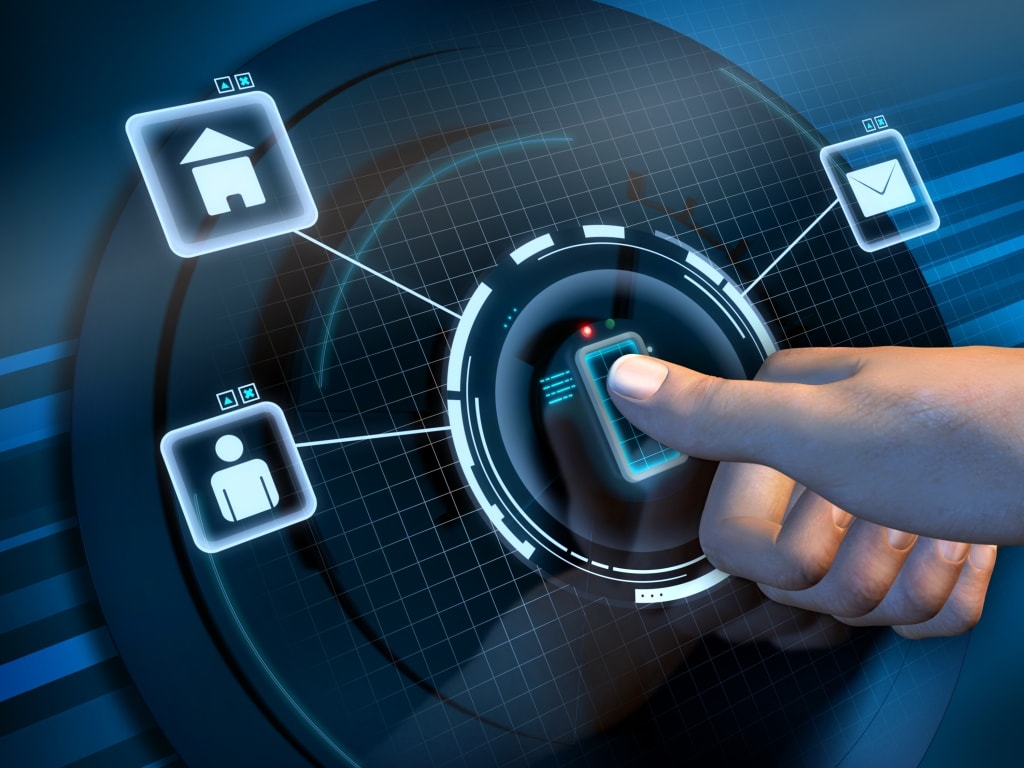In a world driven by short-form content and lightning-fast social media trends, TikTok has emerged as the undisputed giant in the realm of digital entertainment. Millions of creators churn out compelling content daily, and just as important as the creation is how that content is shared, saved, and repurposed. In this landscape, Snaptik has rapidly carved out a loyal and enthusiastic user base thanks to its innovation, ease of use, and creator-first philosophy. So, what’s behind the meteoric rise of SnapTik among TikTok enthusiasts? Why are content creators, fans, and marketers flocking to this tool with such loyalty and admiration? Let’s dive into the reasons SnapTik is dominating the scene and becoming the top choice for savvy social media users.
✨ Elevating the TikTok Experience for Everyone
SnapTik is not just another utility tool it is an enhancer of the entire TikTok experience. Whether you are a content creator seeking to build your brand or a fan wanting to save your favorite videos, SnapTik offers unmatched convenience and performance.
Key Highlights:
- No Watermarks – SnapTik delivers clean, watermark-free videos for users, allowing creators to repurpose their content without platform branding.
- Lightning-Fast Downloads – Speed is critical in today’s fast-paced content ecosystem, and SnapTik ensures minimal wait times.
- User-Friendly Interface – Simple, intuitive design for users of all tech comfort levels.
- 100% Online Accessibility – No software downloads required; access SnapTik from any browser, anytime.
📈 Empowering Content Creators with Freedom and Flexibility

One of the main reasons SnapTik is winning hearts is its commitment to empowering creators. Content is no longer bound by platform limitations. With SnapTik, creators are free to expand their reach across platforms, build cohesive branding, and connect with broader audiences.
Why Creators Love SnapTik:
- Multichannel Versatility: Creators can share their TikTok videos on other platforms seamlessly, thanks to watermark-free outputs.
- Branding Consistency: Clean videos mean creators can add their own branding, CTAs, or logos.
- Archiving for Portfolios: Many creators use SnapTik to build portfolios or maintain records of their best-performing videos.
🚀 Streamlined for Speed, Built for Excellence
SnapTik thrives on efficiency. The tool has been optimized for minimal loading times and maximum output quality an essential requirement for both casual users and professionals. Whether you are downloading one video or a dozen, the process is remarkably fast and stable.
Performance Benefits:
- Optimized Servers: Reliable uptime and robust processing power, even during high traffic.
- High-Quality Output: Maintains video resolution without compression.
- Multiple Format Options: Users can choose from different download formats suitable for social media, presentations, or archiving.
💼 A Powerful Asset for Social Media Marketers
Marketing teams are constantly in search of tools that can help them curate, archive, and repurpose content for various campaigns. SnapTik answers this need by providing a reliable way to download high-quality content with zero hassle.
Marketing Advantages:
- Content Curation: Save trending videos for analysis and inspiration.
- Campaign Planning: Build themed collections of relevant videos to fuel future campaigns.
- Audience Insights: Study high-performing content without distractions or overlays.
🔐 No Logins, No Data Mining Just Pure Utility
SnapTik takes user privacy and simplicity seriously. there is no need to create accounts, share personal data, or install sketchy apps. This transparent and privacy-conscious approach resonates strongly with users who prioritize digital safety.
What Makes This Approach Stand Out?
- Zero Account Requirement: Download videos instantly without sign-ups or installations.
- No Hidden Fees: No surprises SnapTik delivers exactly what it promises.
- Secure Browsing: HTTPS encryption ensures that you’re browsing and downloads are safe.
📱 Mobile and Desktop Compatibility
Whether you are on the go or working from a desktop workstation, SnapTik provides a flawless cross-platform experience. it is equally optimized for mobile browsers and desktop screens, ensuring a consistent and responsive interface wherever you are.
Benefits of Multi-Device Use:
- On-the-Go Access: Easily download videos directly from your smartphone.
- Desktop Power Users: Use large screens to manage bulk download or edit content.
- No Installations Needed: Everything runs online with no bloatware or battery drain.
🔄 Continuous Improvement Based on Community Feedback
Another core reason behind SnapTik’s growing fandom is its commitment to continuous innovation. User feedback is actively incorporated into updates, and the tool is constantly evolving to meet modern needs.
SnapTik’s Innovation Model Includes:
- Regular Performance Updates: Ensures consistent speed and uptime.
- User-Requested Features: Many updates are based on real user suggestions.
- UI Enhancements: Ever-evolving interface improvements based on usability tests.
🧠 Intuitive Design That Respects Time and Attention
In the attention economy, every second matters. SnapTik’s interface is specifically designed to be as minimalist and intuitive as possible. There are no unnecessary distractions, ads, or complex menus just straightforward utility that works.
Design Strengths:
- Clean Layout: No clutter or intrusive ads.
- One-Click Downloads: From link paste to video saved in a single smooth action.
- Accessible Navigation: Clearly labeled buttons and easy-to-understand instructions.
🌍 Global Appeal, Local Accessibility
SnapTik has built a global fanbase by being accessible across languages, regions, and bandwidth conditions. Its lightweight architecture ensures it works well even on slower connections, making it ideal for users in emerging markets as well as urban centers.
Universally Friendly Features:
- Language-Agnostic: The interface is intuitive for users worldwide.
- Lightweight Pages: Fast loading even with low internet speeds.
- Broad Compatibility: Works across all major browsers and devices.
🎯 Why SnapTik Is More Than Just a Downloader
At first glance, SnapTik might seem like a simple tool to save videos. But loyal users know that it is so much more. It represents freedom, efficiency, creativity, and control core values that resonate deeply in the TikTok world.
SnapTik’s Value Proposition Summed Up:
- Empowers creators to own their content
- Facilitates smarter marketing and content planning
- Respects user privacy with a no-login policy
- Delivers premium performance without a premium price tag
A Tool for the TikTok Generation
The TikTok era demands tools that are fast, flexible, and deeply aligned with creator culture. SnapTik checks all those boxes and then some. it is not just winning fans; it is creating a movement of empowered creators and content lovers who demand more from their digital tools. Whether you are a first-time TikTok user or a seasoned content strategist, SnapTik deserves a spot in your digital toolkit. it is not just changing how people download videos it is transforming how they engage with content altogether.
🔑 Key Takeaways
- SnapTik offers watermark-free downloads for clean, shareable videos.
- It supports creators with versatility, privacy, and brand control.
- No registration, no clutter just efficient, reliable performance.
- Trusted by a growing global audience for its ease of use and innovation.
SnapTik is not just following the TikTok trend it is shaping the future of how we interact with video content. And from the looks of it, this loyal fanbase is not going anywhere.








